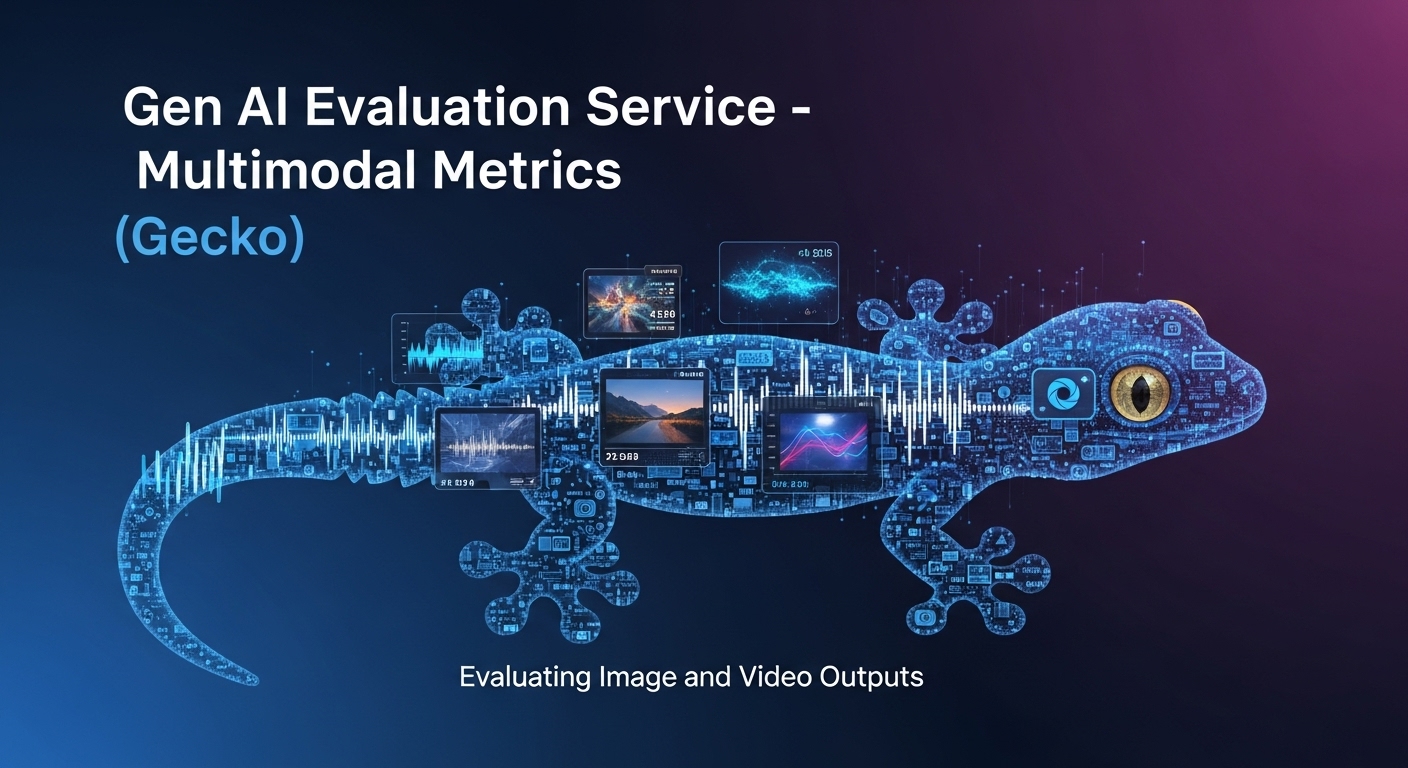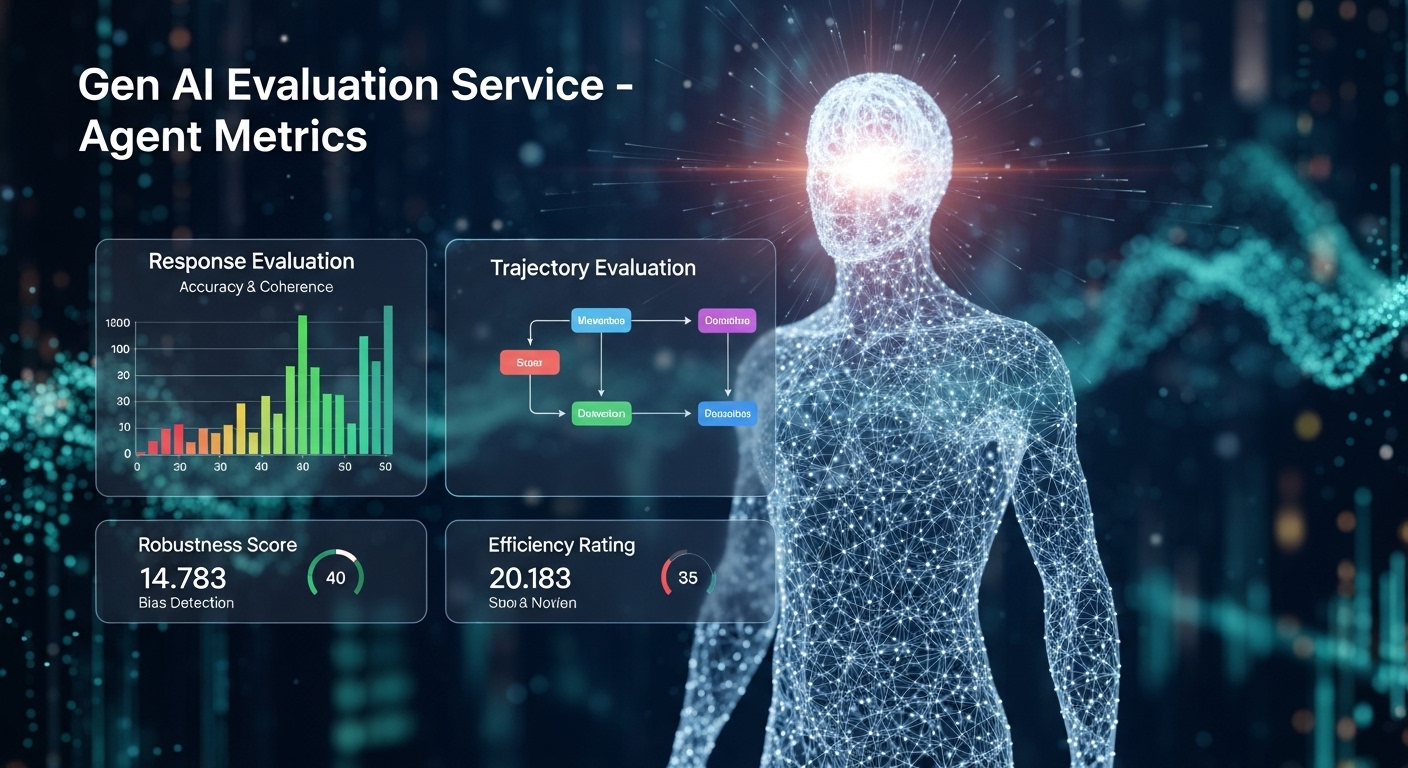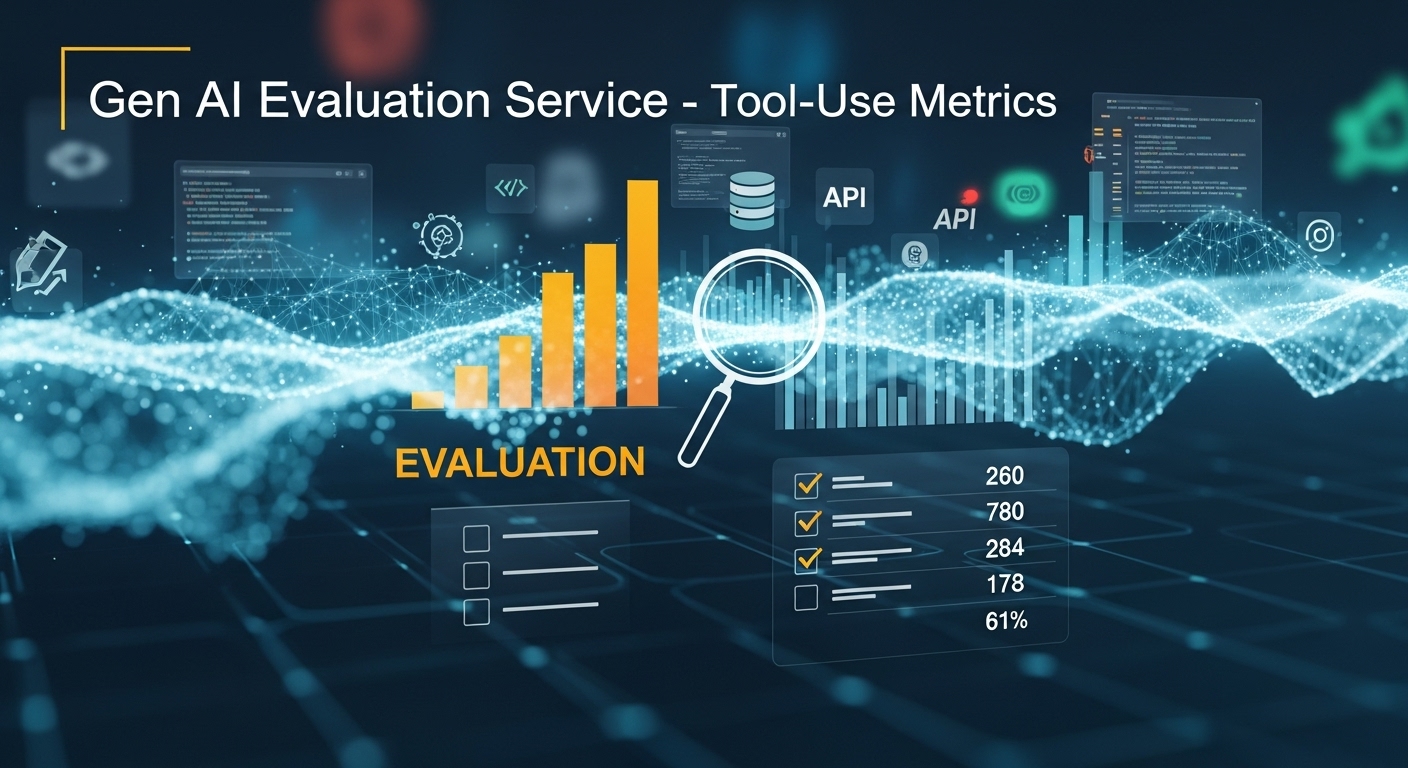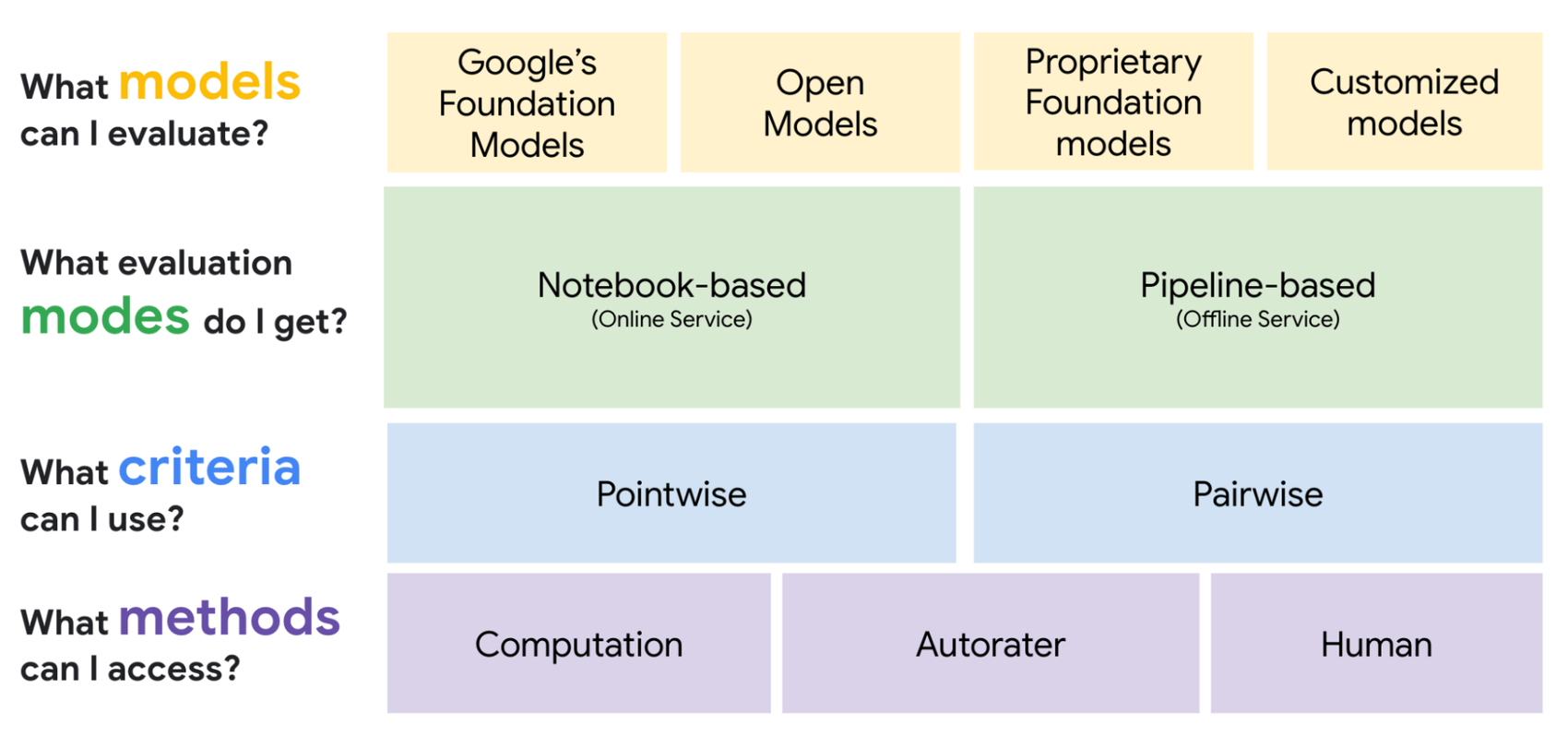
Last year, we announced the Google Gen AI SDK as the new unified library for Gemini on Google AI (via the Gemini Developer API) and Vertex AI (via the Vertex AI API). At the time, it was only a Python SDK. Since then, the team has been busy adding support for Go, Node.js, and Java but my favorite language, C#, was missing until now.
Read More ↗︎



